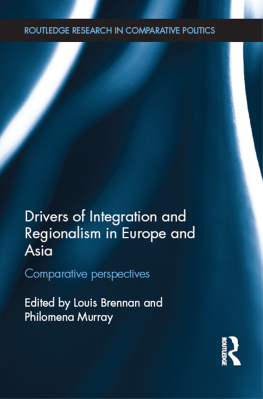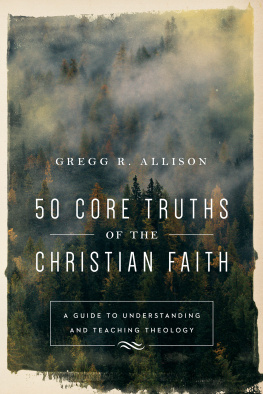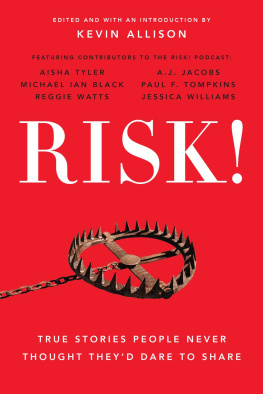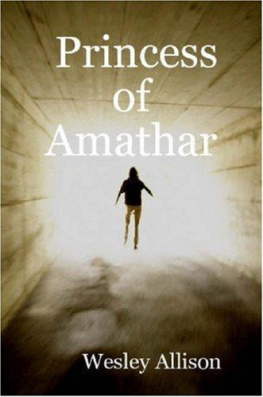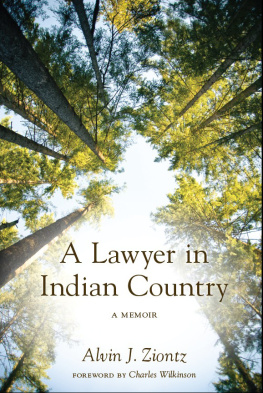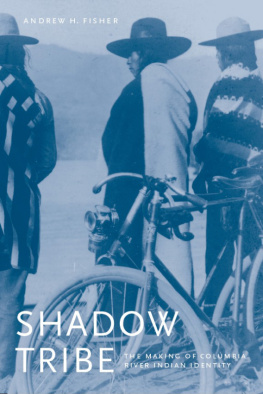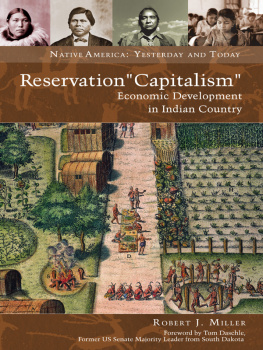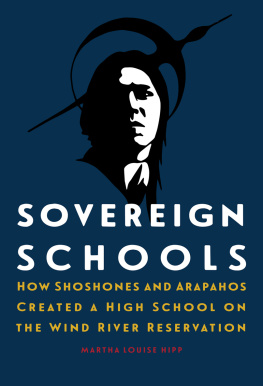SOVEREIGNTY FOR SURVIVAL
THE LAMAR SERIES IN WESTERN HISTORY
The Lamar Series in Western History includes scholarly books of general public interest that enhance the understanding of human affairs in the American West and contribute to a wider understanding of the Wests significance in the political, social, and cultural life of America. Comprising works of the highest quality, the series aims to increase the range and vitality of Western American history, focusing on frontier places and people, Indian and ethnic communities, the urban West and the environment, and the art and illustrated history of the American West.
EDITORIAL BOARD
Howard R. Lamar, Sterling Professor of History Emeritus, Past President of Yale University
William J. Cronon, University of WisconsinMadison
Philip J. Deloria, University of Michigan
John Mack Faragher, Yale University
Jay Gitlin, Yale University
George A. Miles, Beinecke Library, Yale University
Martha A. Sandweiss, Princeton University
Virginia J. Scharff, University of New Mexico
Robert M. Utley, Former Chief Historian, National Park Service
RECENT TITLES
Sovereignty for Survival: American Energy Development and Indian Self-Determination, by James Robert Allison III
George I. Snchez: The Long Fight for Mexican American Integration, by Carlos Kevin Blanton
The Yaquis and the Empire: Violence, Spanish Imperial Power, and Native Resilience in Colonial Mexico, by Raphael Brewster Folsom
Gathering Together: The Shawnee People through Diaspora and Nationhood, 16001870, by Sami Lakomki
Natures Noblemen: Transatlantic Masculinities and the Nineteenth-Century American West, by Monica Rico
Rush to Gold: The French and the California Gold Rush, 18481854, by Malcolm J. Rohrbough
Home Rule: Households, Manhood, and National Expansion on the Eighteenth-Century Kentucky Frontier, by Honor Sachs
The Cherokee Diaspora: An Indigenous History of Migration, Resettlement, and Identity, by Gregory D. Smithers
Sun Chief: The Autobiography of a Hopi Indian, by Don C. Talayesva, edited by Leo Simmons, Second Edition
Before L.A.: Race, Space, and Municipal Power in Los Angeles, 17811894, by David Samuel Torres-Rouff
Geronimo, by Robert M. Utley
Wanted: The Outlaw Lives of Billy the Kid and Ned Kelly, by Robert M. Utley
FORTHCOMING TITLES
American Genocide: The California Indian Catastrophe, 18461873, by Benjamin Madley
SOVEREIGNTY FOR SURVIVAL
AMERICAN ENERGY DEVELOPMENT AND INDIAN SELF-DETERMINATION
JAMES ROBERT ALLISON III
YALE UNIVERSITY PRESS
New Haven and London
Published with assistance from the foundation established in memory of Philip Hamilton McMillan of the Class of 1894, Yale College.
Copyright 2015 by Yale University.
All rights reserved.
This book may not be reproduced, in whole or in part, including illustrations, in any form (beyond that copying permitted by Sections 107 and 108 of the U.S. Copyright Law and except by reviewers for the public press), without written permission from the publishers.
Yale University Press books may be purchased in quantity for educational, business, or promotional use. For information, please e-mail (U.K. office).
Set in Sabon type by Newgen North America.
Printed in the United States of America.
Library of Congress Control Number: 2015933806
ISBN: 978-0-300-20669-2
A catalogue record for this book is available from the British Library.
This paper meets the requirements of ANSI/NISO Z39.48-1992 (Permanence of Paper).
10 9 8 7 6 5 4 3 2 1
Contents
Acknowledgments
I have never understood why authors wait until the end to thank the most important people. I vowed not to make that mistake. Nothing I do would be possible without Julie. She married a promising lawyer and ended up with a struggling academic. Most would rank that a downgrade; she has not. Julie remains incredibly supportive of my passions and has patiently provided perspective when I needed it most. This project is dedicated to her and our amazing young sons, Aidan and Axel. Thanks, too, to all our family members for sticking with us. Our decisions may not have always made the most sense, but they have made us happy. Thank you for understanding.
I have been fortunate to have a diverse array of advisers who have met my every intellectual, professional, and social need. Sara Pritchard at Montana State University (and now Cornell) graciously introduced me to the world of academia and patiently guided me through the thicket of environmental historiography. Edmund Russell at the University of Virginia (and now Kansas) is the best adviser in the business. Not only does Ed rigorously poke and prod the intellectual content of his students work, but he dedicates enormous energy to ensuring we know the professional rules of the road. From conference talks, to job cover letters, to book proposals, and more, he has demystified one of the most arcane professions known to man. I am very lucky to have him on my side. Christian McMillen at the University of Virginia is quite simply the academic I want to be. His scholarship is unassailable; its rigor matched only by the thoughtful and creative narratives Christian constructs. He has pored over this manuscript more times than is fair to ask of anyone, and any improvements are largely to his credit. Most important, Christians priorities are always where they should be, a lesson I will not forget. I consider them all great friends and giants in their fields.
As for future academic greats, I have met, socialized with, and studied with many of them. My graduate student cohort provided inspiration and support throughout this long and winding process. It started with the Gang of Four in Bozeman, MontanaJerry Jessee, Megan Raby, Mike Wise, and myselfbut certainly included Bob Gardner and Brad Snow as well. In Virginia, the list is long thanks to Ed Russells community-building efforts. Our Russell Lab was a supportive rock in an otherwise isolating ABD world. Many thanks go to Bart Elmore, Thomas Finger, Leif Frederickson, Philip Herrington, Laura Kolar, Andrew McGee, Katy Shively Meier, Eric Stoykovich, and Stephen Macekura. In particular, Stephen and Brent Cebul provided great friendship and desperately needed non-academic banter. Thanks for keeping me sane.
Many supporting institutions made this project possible. Montana State Universitys Research Enhancement Award funded my initial journeys to the reservations of southeastern Montana. At the University of Virginia, numerous grants from the History Department, the Raven Society, and the Bankard Fund for Political Economy allowed me to return to the American West, to spend summers in both dingy archives and vibrant tribal communities. A fellowship from the Cody Institute for Western American Studies supported oral history interviews on the Crow and Northern Cheyenne Reservations, and funds from the Charles Redd Center for Western Studies carried me to archives across the Southwest. A residential fellowship at the Hagley Museum and Library in Wilmington, Delaware, provided key insights into the murky world of global energy development, particularly the coal business, and the American Society for Legal Historys Cromwell Fellowship helped me discern the legal implications of the energy tribes struggle to control their resources. Finally, my year as the Sara Shallenberger Brown Fellow in Environmental Writing at the University of Virginias Brown Residential College provided an incredible space to bring it all together. The final chapters of this book were drafted on the grounds of James Monroes law office and family farm. Although my current digs at Christopher Newport University cannot match the grandeur of the former presidents residence, neither can the warmth of my new colleagues be surpassed. It is a welcoming community to call home, and I am grateful for their support during the revisions.
Next page


